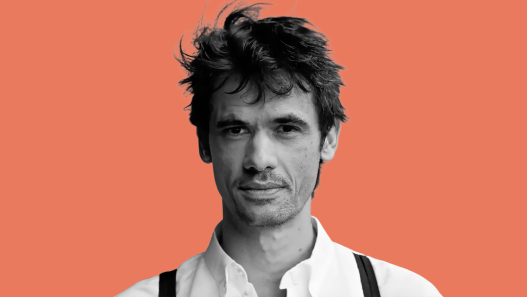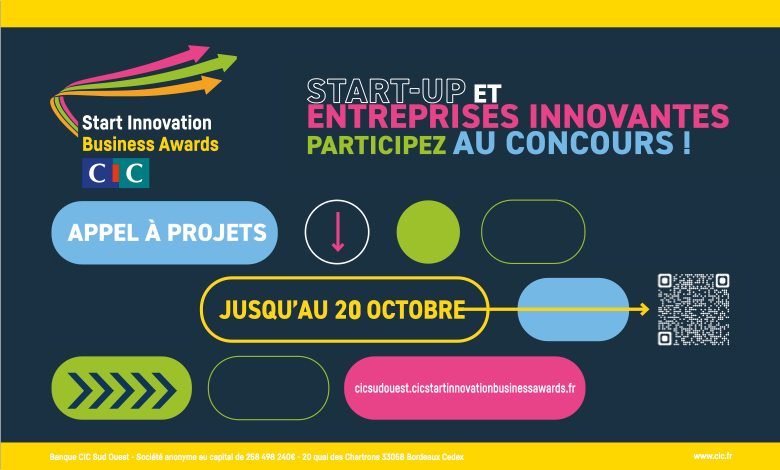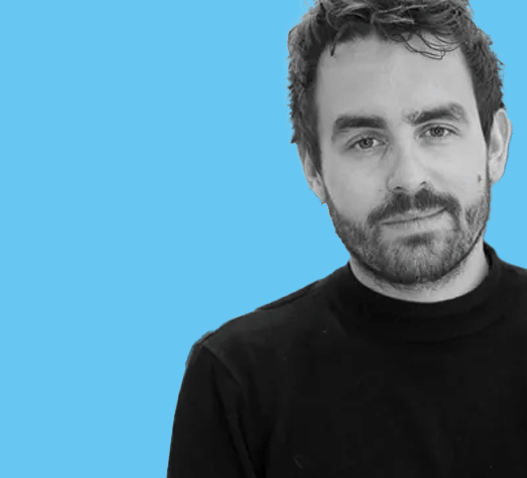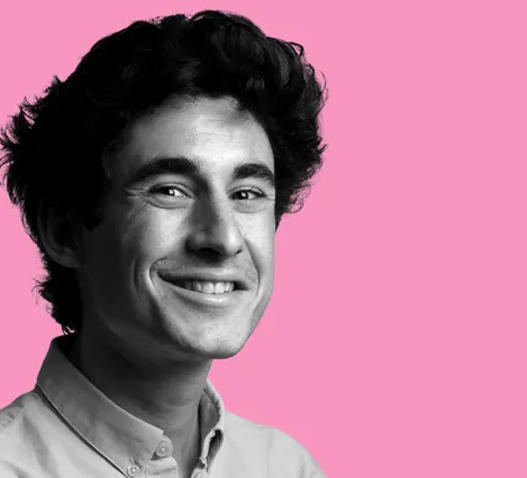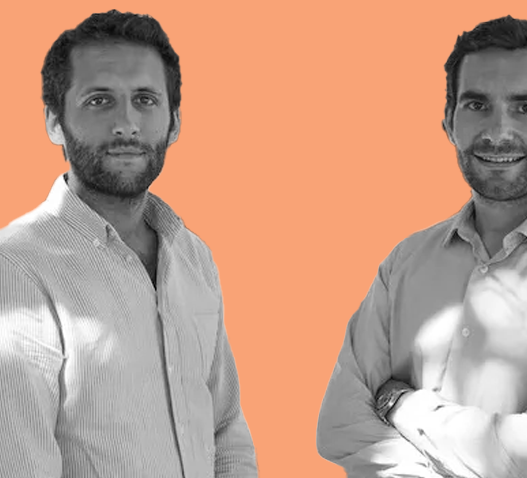Bioproduction, a process using microorganisms to produce raw materials, is gaining traction as a sustainable alternative to petrochemical production. In light of environmental challenges and the need to relocalize supply chains, synthetic biology offers promising solutions for industry. The example of baCta, a startup specializing in carbon-negative natural rubber production, illustrates this shift towards more responsible production methods.
Founded in January 2024, baCta uses genetically modified microorganisms to produce natural rubber, a global market valued at $40 billion. Today, about half of the rubber supply comes from petrochemicals, while the other half comes from rubber trees, which contribute to massive deforestation and are threatened by climate change. By offering a bio-based alternative, baCta is committed to reducing the ecological impact of this critical industry.
“Rubber is a critical raw material, omnipresent in our daily lives, for which we don’t yet have a sustainable alternative,” explains Mathieu Nohet, CEO and co-founder of baCta.
Reducing the Carbon Footprint with Microorganisms
Bioproduction relies on microorganisms to convert renewable raw materials into industrial products. Thanks to falling DNA costs and advances in synthetic biology, this process is becoming increasingly accessible and efficient. BACTA’s technology uses a synthetic organelle platform developed at INSERM, optimizing production while reducing costs and carbon footprint.
“baCta’s use of synthetic organelles enabling polymer production in E. Coli could be a significant leap forward in synthetic biology,” says Professor Ariel Lindner, Research Director at INSERM.
A Key Technology for Relocating Supply Chains
In addition to its environmental benefits, bioproduction holds strategic interest in the context of geopolitical tensions. Local and resilient raw material production through synthetic biology could offer a solution to the sovereignty challenges faced by various states, including France.
“Western economies have been too dependent on other countries for strategic materials, exposing supply chains to industrial vulnerabilities. Synthetic biology offers a promising solution to create sustainable and abundant resources,” states Augustin Sayer, co-founder and partner at OVNI Capital, baCta’s lead investor.
A Fundraising Round to Accelerate Industrialization
BACTA announces a €3.3 million fundraising round in its first financing round, led by OVNI Capital, with participation from Kima Ventures, Sharpstone Capital, another.vc, and several business angels, including Thibaud Elziere and the team at Hexa.
This funding will enable baCta to accelerate its research and development, recruit scientific talent, and increase its production capacity. The startup, which has already proven its technology’s feasibility in E. Coli, is now focused on producing prototypes in collaboration with companies from the fashion and industrial sectors and aims to build a pre-industrial demonstrator.
“We are thrilled to invest in baCta because of their exceptional team, which combines ambition, climate commitment, and expertise in synthetic biology,” highlights Falk Haurenherm, investor at another.vc.
Towards Industrialization of Bioproduction
With the support of the raised funds, baCta aims to move from the proof-of-concept stage to industrial-scale production. The company is currently developing prototypes in collaboration with key companies in the fashion and industrial sectors and plans to create a pre-industrial demonstrator in the medium term.
“We believe in the team’s ability to iterate quickly and focus on scaling the technology from the lab to industrial scale,” concludes Augustin Sayer.


